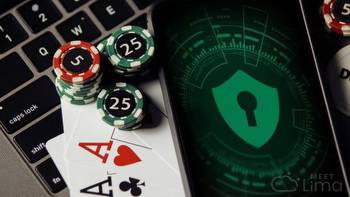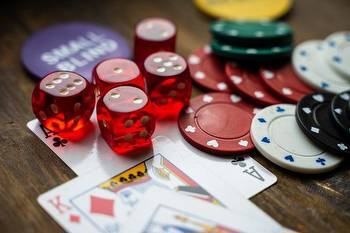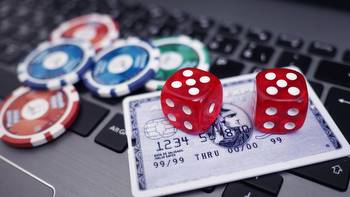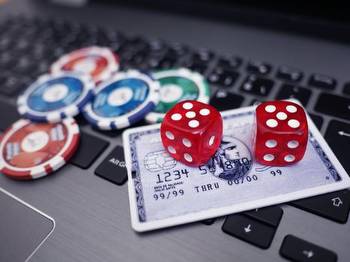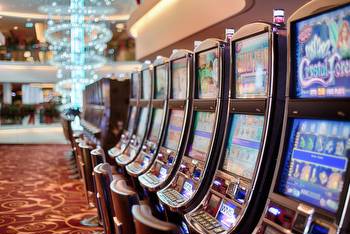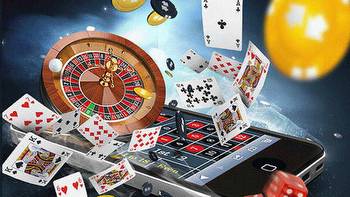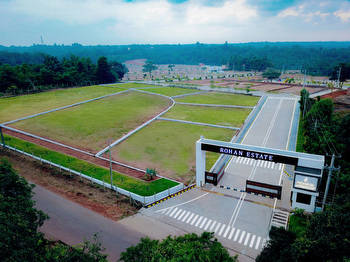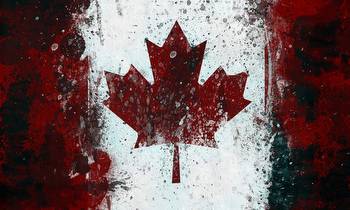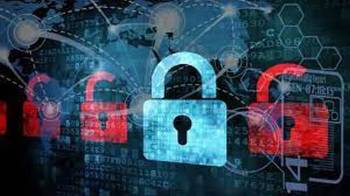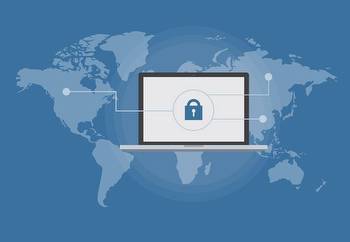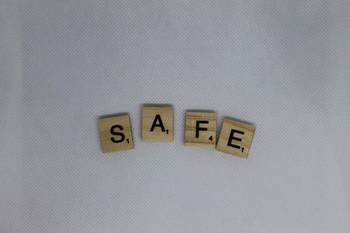What Makes an Online Casino Safe?

Online casinos have never been more popular. Google searches are at an all time high while legislation laws are increasing around the world. Importantly, banks and credit card companies now support gambling payments.
If you want to play slots and blackjack online, the only thing stopping you is your schedule. To be clear, casino sites aren’t created equal. You need to find a safe online casino. How do you know an online casino is safe?
A Padlock Sign on the Address Bar
The quickest way to know whether a casino is safe or not is to check its address bar for a locked padlock sign. The icon shows you a website uses Secure Sockets Layer (SSL) to protect your personal information.
An SSL-encrypted website has an address that starts with HTTPS and not HTTP. Leading browsers like Chrome, Firefox and Safari warn you before you visit a HTTP site. But they don’t stop you from visiting the site anyway.
For your safety, don’t create an account or link your credit card to an unsecure website. There’s a huge chance your data will leak and your financial data could get exposed.
Account Protection Tools
To play online casino games like slots and poker, you need to link your bank account, a debit card like Visa or e-wallet like PayPal. Importantly, you must add money to your account.
Most casinos also ask you to reveal your personal information. And during withdrawals, they might ask for you for additional data. In other words, casinos so much about you that you need a way to attract this information.
The standard way of securing online accounts is through a user name and a password. Every genuine casino offers password protection. The best sites also provide Two-Factor Authentication.
Two-Factor Authentication adds a layer of security to your casino account. It requires the use of an authentication code sent to your email address, Google authenticator app or phone.
A Legit License from a Trusted Regulator
Every genuine online casino in 2022 requires a license. The explanation is simple. Online gambling is a regulated sector. Governments all over the world require operators to follow strict safety measures.
To be clear, where a casino gets licensed matters. In Malta or the UK, every gambling operator must provide top-notch security to its customers. As such, a license from one of these two countries shows a site is safe.
How do you tell a casino is licensed? Check the bottom of its website. Casinos indicate where they are licensed and also list their license numbers. You can verify these numbers at the official UKGC or MGA websites.
Trusted Payment Companies
Let’s face it. Companies like Visa, MasterCard, PayPal and Google do their best to avoid fraudulent websites. They ask for numerous documents and vet casinos to ensure they operate with genuine people.
Some payment providers even take extra measures to protect you from scams. For example, PayPal has a chargeback option. If you send money to a fraudulent operator, you can ask for a refund.
These payment options also feature advanced security measures. They protect your data through SSL and account protection. On the other end, they safeguard your money by keeping it in separate accounts and processing payments quickly.
With that in mind, check beyond supported payment options when learning about a casino’s safety. Find out its deposit and withdrawal fees. Importantly, also learn about its withdrawal speed. If it’s safe, you can expect low fees and quick banking speeds.
Games from Renowned Software Providers
Another way to identify a safe from an unsafe casino is to check its games. Does it provide popular slots and table games? If yes, which developers supply these games?
See, casino developers also need licensing and vetting from regulators before providing games. Regulators like the UKGC and MGA vet developers to root out rigged games and to raise the standards of casino games.
Owing to that backdrop, you need to find a casino with games from renowned developers. You’ll be assured of safety and fairness. More importantly, you’ll have a wide range of quality games to play.
For clarity, these are some of the biggest names in the casino development industry:
- NetEnt
- Microgaming
- Evolution
- BTG
- Playtech
- Betsoft
- Play’n GO
Transparency and Data Compliance
One of the biggest red flags for fraudulent businesses is that they hide important information. They hide fees. They hide information about ownership, withdrawal processes and security measures.
By contrast, safe online casinos are transparent in every sense of the word. Want to know who owns the website? Check its About Us section. Need to learn about its bonus policies? Head over to its promotions page.
Beyond transparency, safe casinos also comply with existing data and security protection regulations. For example, they follow GDPR rules on data collection and protection.
In other words, you can trust a casino that’s transparent. It means the operator has nothing to hide and is operating in your best interests. But if it hides crucial information, it’s not worth your time.
Responsive Customer Service
There’s no doubt we all feel safe when dealing with website owners who respond to our queries quickly. It’s the same with casinos. If a site responds to customers quickly, it’s a safe site.
Nowadays, casino players prefer to communicate through live chatbots. This way, they can get feedback immediately. Where it’s an option, email and phone contacts are great alternatives.
A Good Reputation
There’s a reason people out there recommend well-known casinos. They’re popular for a reason—proper services. Top-rated operators attract rave reviews for their fast payouts, friendly bonuses, quality games and intuitive user designs.
With that in mind, you need to find casinos top-rated from lots of people and not just a handful of Internet users. We live in an era of bought comments and ratings.
As such, don’t trust a random 5-star rating as a fact. Compare reviews from tons of users. Find out what some like or hate about an operator. Then check out the site for a first impression. If you like it, feel free to become a customer.










